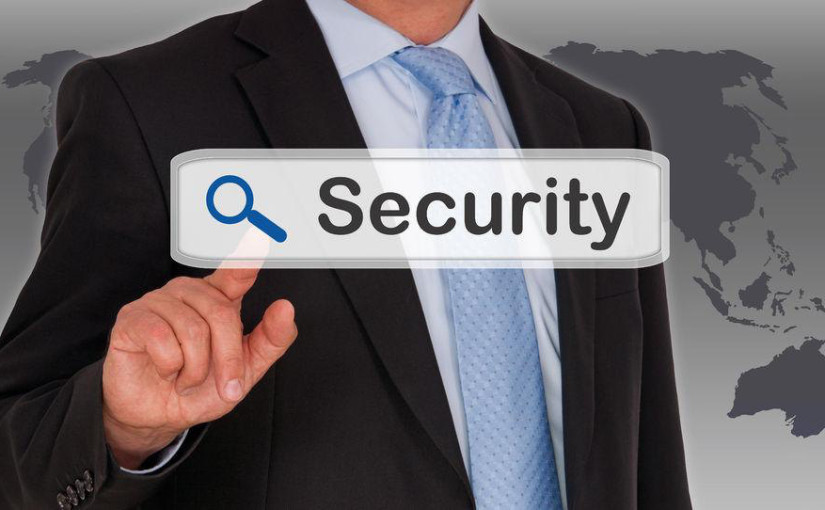Over the past several years, the internet and online marketing have become an increasingly critical part of the survival of not only individuals, but businesses as well. Technology has made it easier for them to connect with their customers, making their relationships more intimate and allowing for a buildup of trust and loyalty. However, there are countless risks associated with the internet and “smarter” technology.
The finer tech brings us a world of good, but it can also be used for evil. We’ve all heard of cases where things go horribly awry – computer viruses make their rounds through whole communities, someone’s credit is ruined by identity theft, etc. These threats are just as serious for businesses as they are for civilians. So, how do you know if you’re really safe?
In truth, security is an arms race; as new technology surfaces, so do ways of manipulating it. You are never truly safe, but neither are the people trying to harm you.
Luckily, there are several steps you can take to protect yourself from the clutches of would-be hackers.
Computer Security
The first is computer security. Workplace PCs are not immune to viruses or malware simply because they are corporate hardware. Just like any home console, a workplace computer needs to have a multifaceted protection system, including firewalls, antivirus, and network intrusion detection. In fact, the person using the workplace PC should be even more vigilant about unsafe internet practices because the equipment is company-owned.
Workers should not open suspicious links in their personal or work emails or download games or pornography onto public devices. These are prime sources of mal and spyware.
Employees should keep their personal and company information away from internet strangers in order to prevent breaches of trust or potentially dangerous activity. Many stalkers operate over the internet, and a large percentage of violent crime, such as rape and murder, involve the web.
If your business has a website with old or insecure code, it is an easy target for hackers. Once inside, they can easily access personal and confidential information and use it to their advantage. It is helpful to limit and monitor access to the network, including flash drives, CDs, and other components of data storage, as these can be used to steal information.
A solid security policy should also make things easier. In addition to avoiding strange links, spam, and downloads, passwords should be kept confidential and should be changed often.
Antivirus
In terms of security equipment, antivirus, antiphishing and antispam software are critical. There are a multitude of these available either for purchase or download (though caution is necessary if you are taking the ‘free download’ option). Several companies offer packages for internet security, including Sophos, Norton, Trend Micro, and others. Some of these even monitor the safety of the sites that appear in your search browser before you even click on them.
Encryption
Extra steps to take include full disk data encryption, which will secure any information on a computer’s hard drive, and biometric fingerprint recognition, which keeps a log of different users’ fingerprints. Similar to a Kronos machine, which allows users to punch in and out of the work place by reading their fingerprints, biometric recognition software on a computer allows access to certain individuals alone, and locks out all others, often erasing all sensitive data when a thief tries to sign in. This technology is now available on certain laptops.
Up to Date
The third and final step to take is to keep your operating systems up to date. Oftentimes, systems like Windows will become aware of security issues within their frameworks and provide their customers with updates to better protect them. If an operating system becomes outdated or is no longer supported by the more cutting-edge security software, it is recommended you upgrade to a better system.
With your business you need to make sure that you stay on top of the latest technology to keep you and your business safe. Digital security, unlike physical security, is something that you need to constantly be working on and keep on top of. With physical security all you need is one company like Pro-Vigil in order to keep on top of things, whereas with digital security you need to be constantly questioning what the best new services are.
Ultimately, it comes down to prudence and a little luck.
Happy surfing!
References:
http://www.computerweekly.com/feature/Computer-security-for-small-businesses-Essential-Guide
http://guides.wsj.com/small-business/technology/how-to-keep-your-business-information-secure/
About the Author:
Lee Ying has over 10 years experience in the tech and security industry. He currently writes for various websites, if you would like to contact him you can find him on LinkedIn: https://www.linkedin.com/pub/lee-ying/9a/18b/238. Follow me on Twitter @LeeYing101


